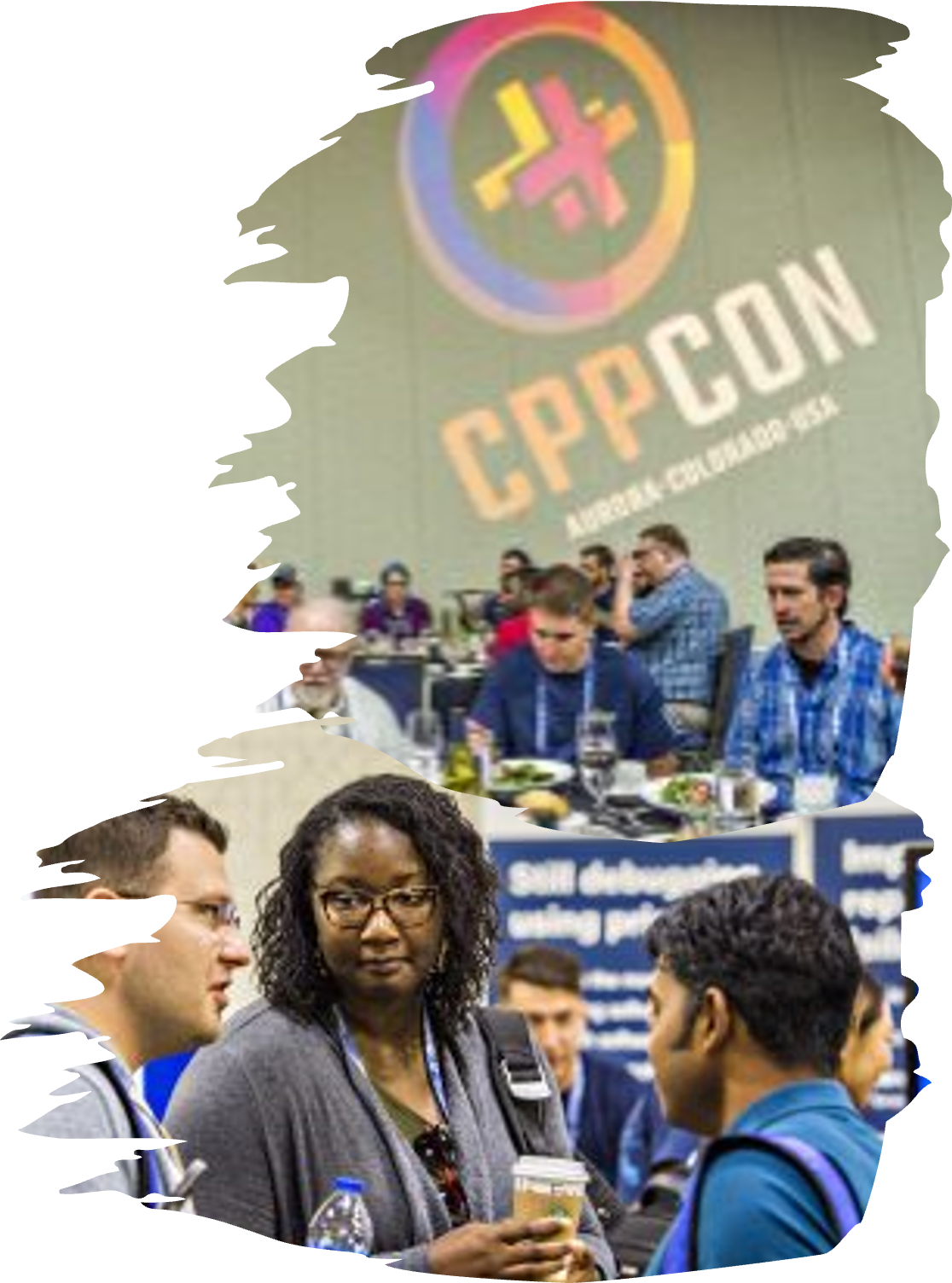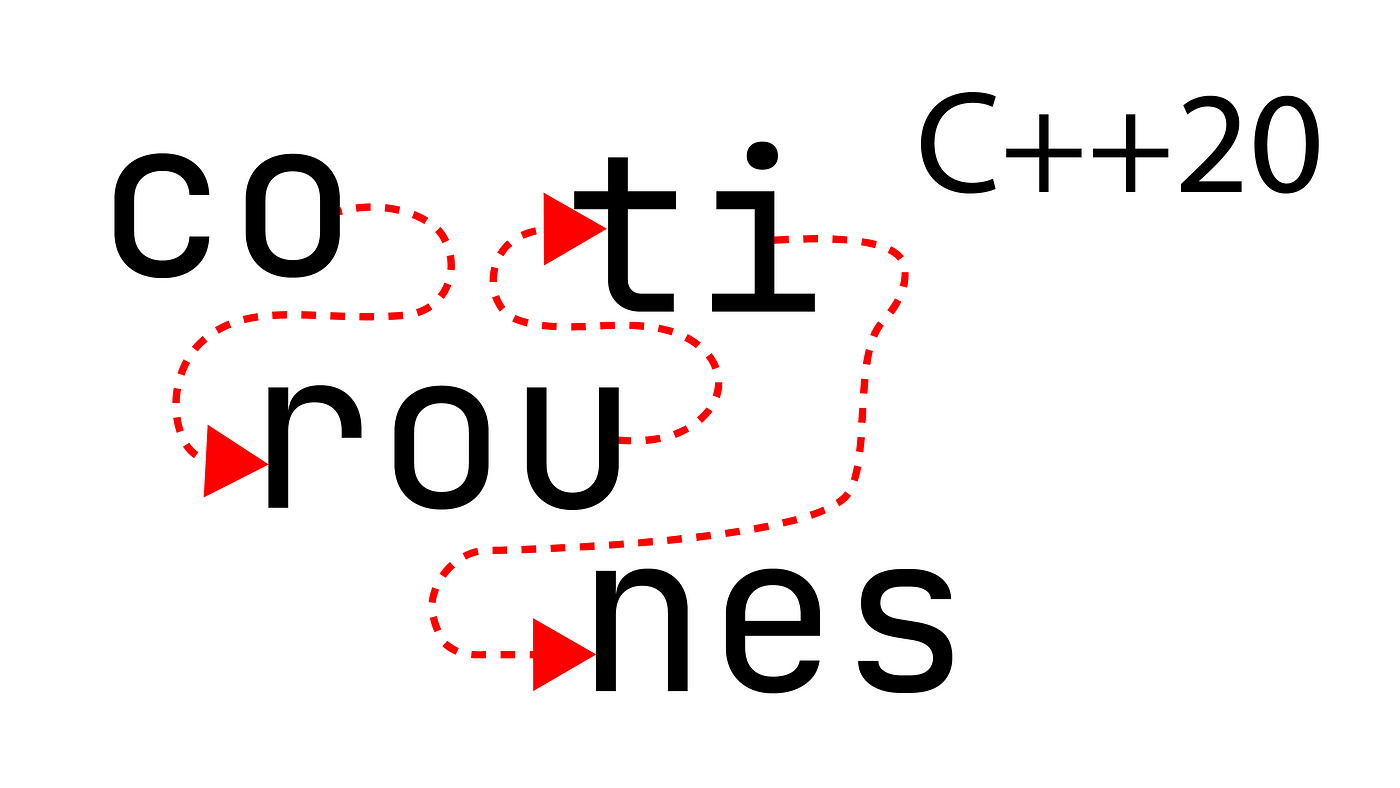Improving Stability with Modern C++, Part 1 — Getting Started
First steps using modern C++
Improving Stability with Modern C++, Part 1 — Getting Started
by Ralph Kootker, FactSet
From the article:
While the C++11 standard recently had its 10th birthday, there are still developers out there using modern C++ for the first time. With that in mind, we’ve prepared a series of short introductory posts on the features of C++11 and beyond.

 This just in:
This just in: Registration is now open for CppCon 2021, which starts on October 24 and will be held
Registration is now open for CppCon 2021, which starts on October 24 and will be held  Learn to use them.
Learn to use them. Registration is now open for CppCon 2021, which starts on October 24 and will be held
Registration is now open for CppCon 2021, which starts on October 24 and will be held